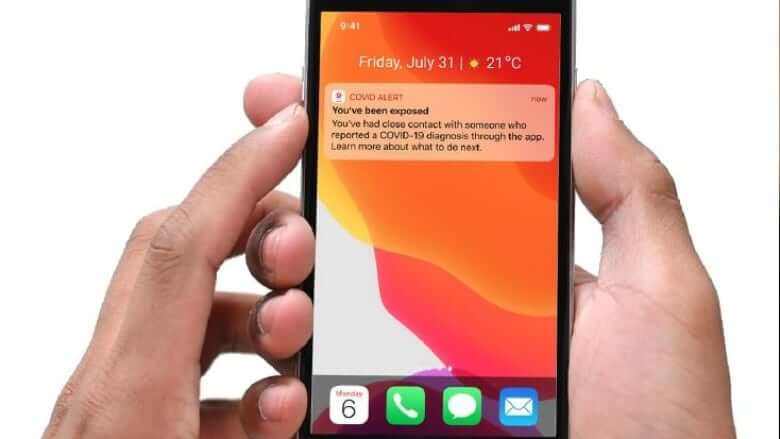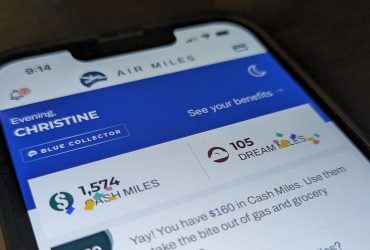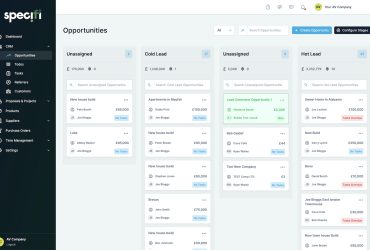The federal government has officially launched an exposure notification smartphone app called COVID Alert that will advise Canadians if they have been in close contact with someone who has since tested positive for the virus.
The app works using Bluetooth technology. As long as a smartphone has Bluetooth on, the app will register any time two people come in proximity of one another who both have the app. Close proximity is defined as being less than two metres from the person for at least 15 minutes, determined by the strength of the signal from both devices. Should someone test positive for COVID-19, a health care professional will provide them with a unique code to input into the app. Once they enter the app, which keeps their identity completely anonymous, anyone who the app detected that person had been in contact with over the last 14 days would be alerted and advised on their recommended next steps. Those steps would likely include monitoring themselves for symptoms, getting tested, and self-quarantining.
As with any crowdsourcing app, COVID Alert requires the participation of Canadians in order to work. The more people who sign on, the more effective it will be. And of course it will only work if you have your smartphone on your (with Bluetooth turned on) while in contact with others, which most people do anyway.
COVID Alert is for now only available in Ontario but other provincial and territorial health authorities are expected to sign on to use the new software as well, including New Brunswick and British Columbia.
The reporting is completely up to the infected person and not health authorities. Which means if someone tests positive, gets a code, and chooses not to upload it to the app, no one would know. That said, downloading the app in the first place would suggest that you’re doing it for the greater good.
There are, of course, privacy issues with any app that can communicate information back and forth from one phone to another. But this is already pretty commonplace for those who have opted in to things like personalized offers and ads via Bluetooth. And the government says the app only collected anonymous data and not location information, name, address, phone contacts, or other health information.
“No one,” says a promotional video for the app, “will know who you are or where you have been.” IP addresses will only be stored for three months, or up to two years as a standard measure to protect against cyberattacks. Because the app does not collect any personal information, the federal Privacy Act does not apply.
The government also says it has engaged with the Privacy Commissioner’s office and has an 11-member advisory council that includes public health, mobile app, data security, epidemiology, and privacy experts that will provide regular reporting.
Canadians can opt to use this technology knowing it includes very significant privacy protections,” says Daniel Therrien, Privacy Commissioner of Canada. “I will use it.”
The app was developed by the Government of Ontario alongside the federal Canadian Digital Service, Shopify, and BlackBerry. Apple and Google have also joined forced to offer the software as well.
The app will be used alongside other measures, including manual contact tracing, and is purely voluntary. The government believes it will be effective is reducing the spread of COVID-19. But because there is no guarantee as to its efficacy, the Office of the Privacy Commissioner of Canada (OPC) and the Office of the Information and Privacy Commissioner of Ontario (IPC) have recommended that the implementation be closely monitored and the app be decommissioned if evidence arises that it is not achieving its intended purpose.
Will you download and use the app?









